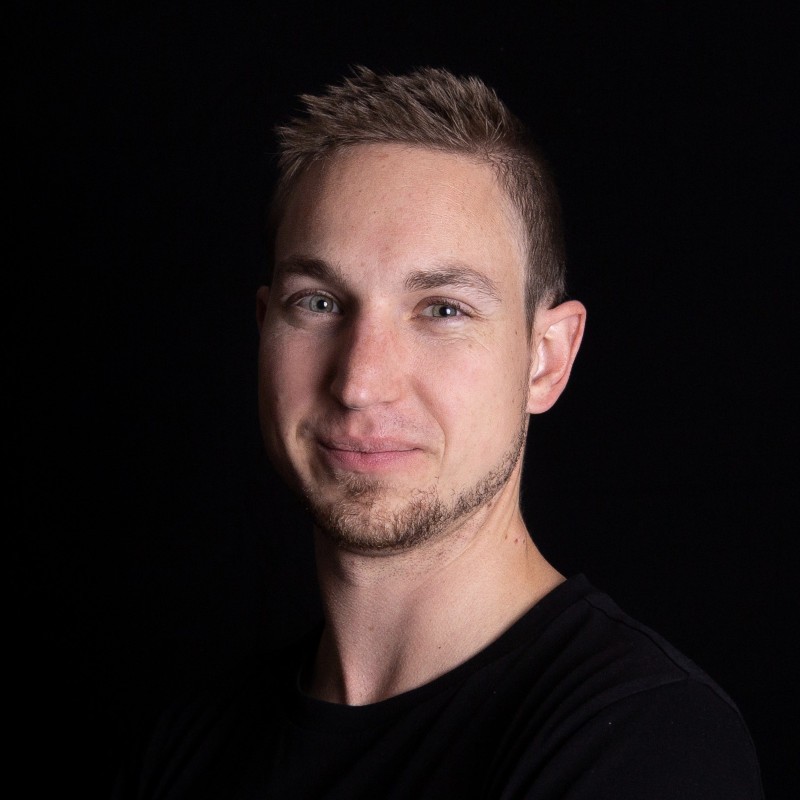
Success is an Attitude
Some people want to change their whole life. Yet many underestimate this: They only see the glitter of their role models. They forget the obstacles on the way ahead and turn into a dead end on the way.
My life was like that in fast forward: from my studies to my doctorate to my scientific career, dead end with a doctorate and unemployment at the end of the line. The one thing I missed: I had the mentality of a dependent employee. In fact I love working independently. Today I am very autonomous.
Soft skills such as perseverance, communication and a solid network are crucial for your own business and for a successful life – as is passion.
My message: If you develop and apply these skills, you will create momentum towards your personal success. In this speech, I will tell you how you can actively apply your skills.
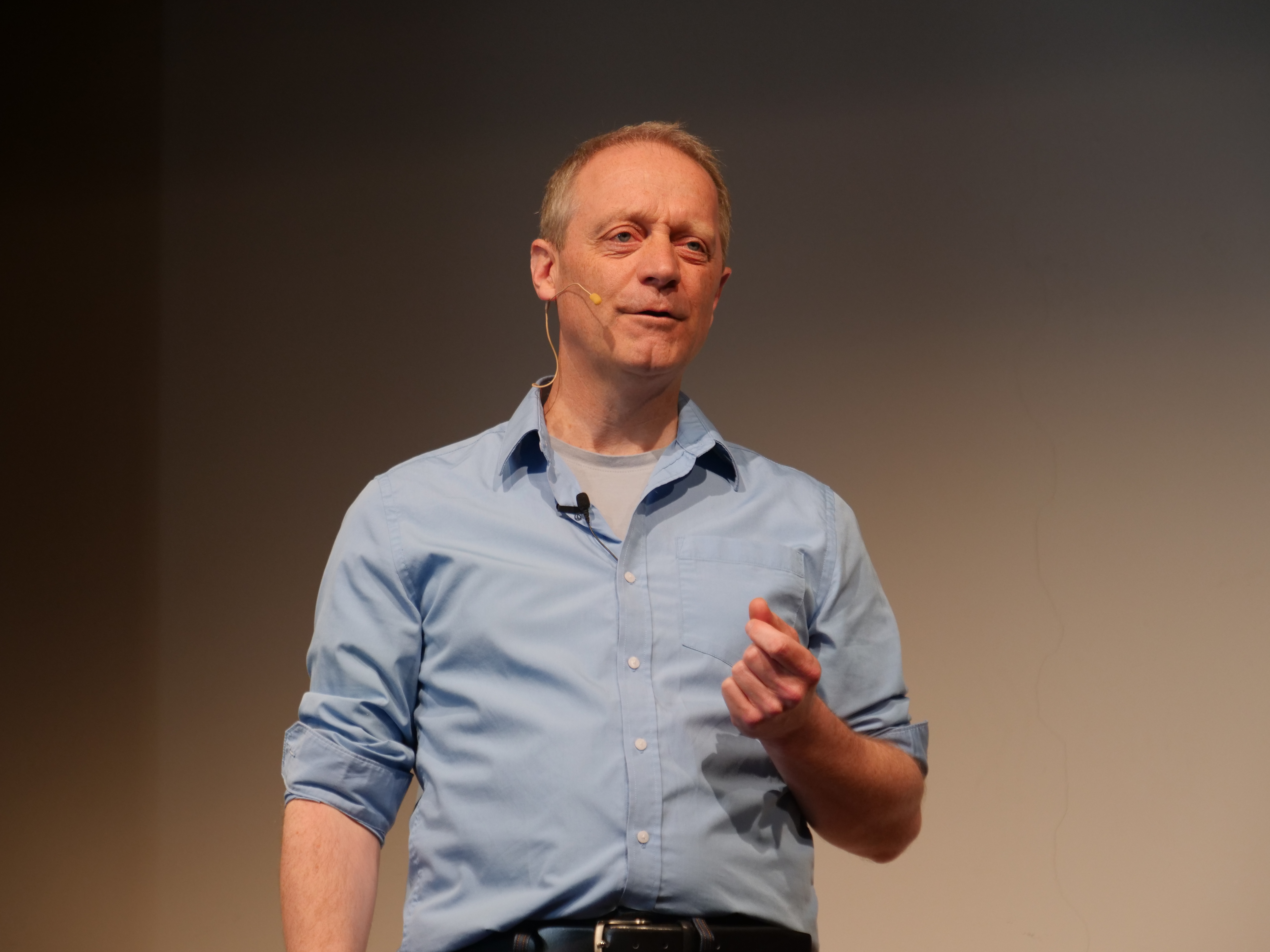

The Science Story
We may recall lectures and seminars during our time as students, or remember conference speeches since we became PhD students. But which sessions did we like to attend, and when did we learn the most out of it? I bet these are the presentations combining both professional knowledge and personal stories, and transporting messages with visual images. But how can we develop individual “Science Stories”? And how can we convey our speech topic by storytelling in a competent and authentic, yet credible way? I will reveal specific insights in my speech “The Science Story”.
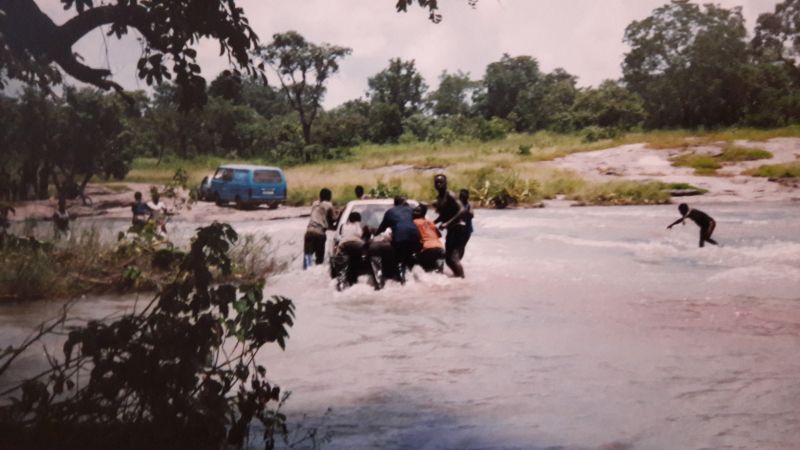
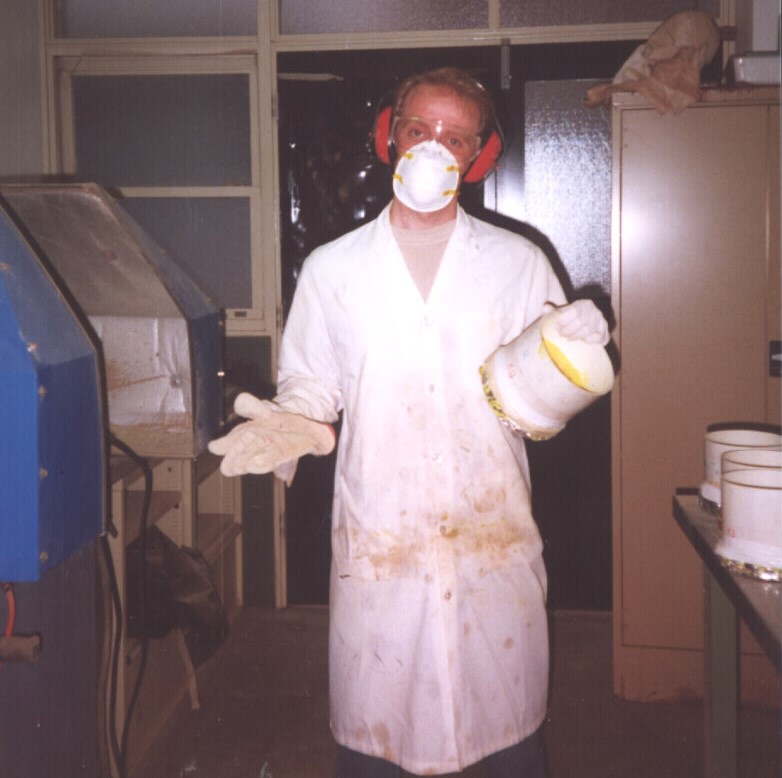

My Studies as a Door Opener
Studying geography has been my door opener to explore the whole world: From research assistant jobs to internships and research projects in Australia, Benin, Germany, Ecuador and Norway. These projects paved the way to my postgraduate studies. Personal contacts and sometimes a bit of luck turned out to be door openers by then.
During my science career, my focus shifted from research to teaching. Working together with various students and teaching staff during lectures, seminars and excursions were real highlights and paved my way towards new adventures.
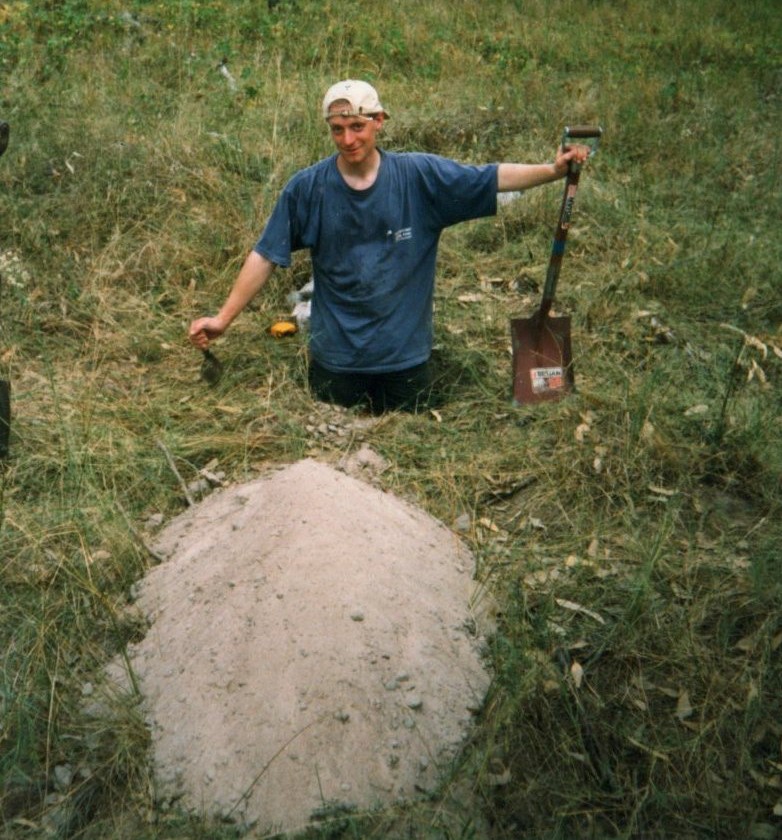
Knowledge transfer has been neglected for a long time, and even nowadays. Yet there is an unbelievable potential to reach many people in lectures and science presentations. It is my mission to improve the presentation culture in science and research. Since six years I provide training and presentation coaching, primarily for students and scientists as well as for people who work at the interface between science – business – international communication.
And so the circle is complete: From my studies as by far the best school for my later self-employment, to my time abroad as the best intercultural training, to 20 years of presentation experience. Nowadays I speak at conferences, develop and conduct workshops and deliver training and presentation coaching live and online.
We can reach many people through presentations. In this speech I share insights into personal experiences. We will then start an open discussion.

Presenting successfully to international Audiences
Presentations that inspire a German audience are often received quite differently in other parts of the world: For example, facial expressions and gestures are interpreted very differently depending on cultural background.
How much humor and personal passion is suitable in your presentation? And how do you get in touch with new people in a global culture? Allow yourself to be surprised by the top 10 tips you may put into practice for successful presentations to your international audience.



Stephen is a very advanced moderator and public speaker. He combines his scientifc working skills with current topics and connects smoothly to a program reaching out for the goal of a moderation. His speeches are straight to the point and easy to understand.
During the time I worked with Stephen I always appreciated his feedback that is straight to the point but forwarded in a friendly and very constructive way.
This post is also available in: German

